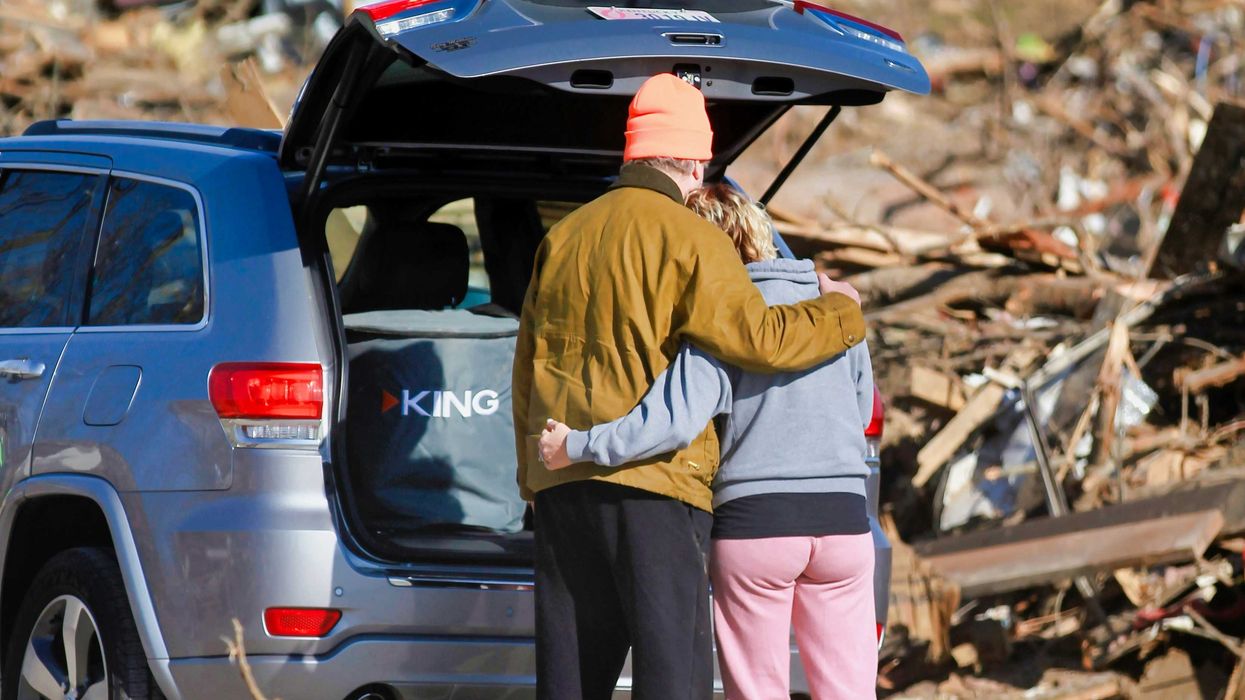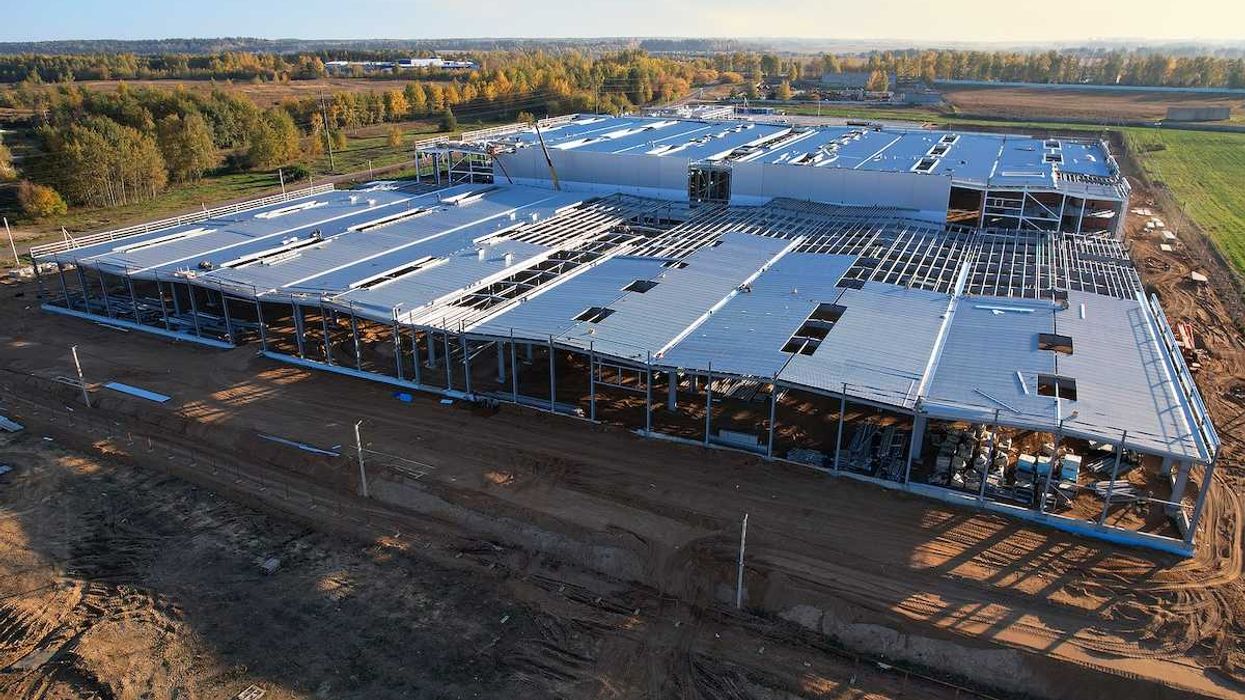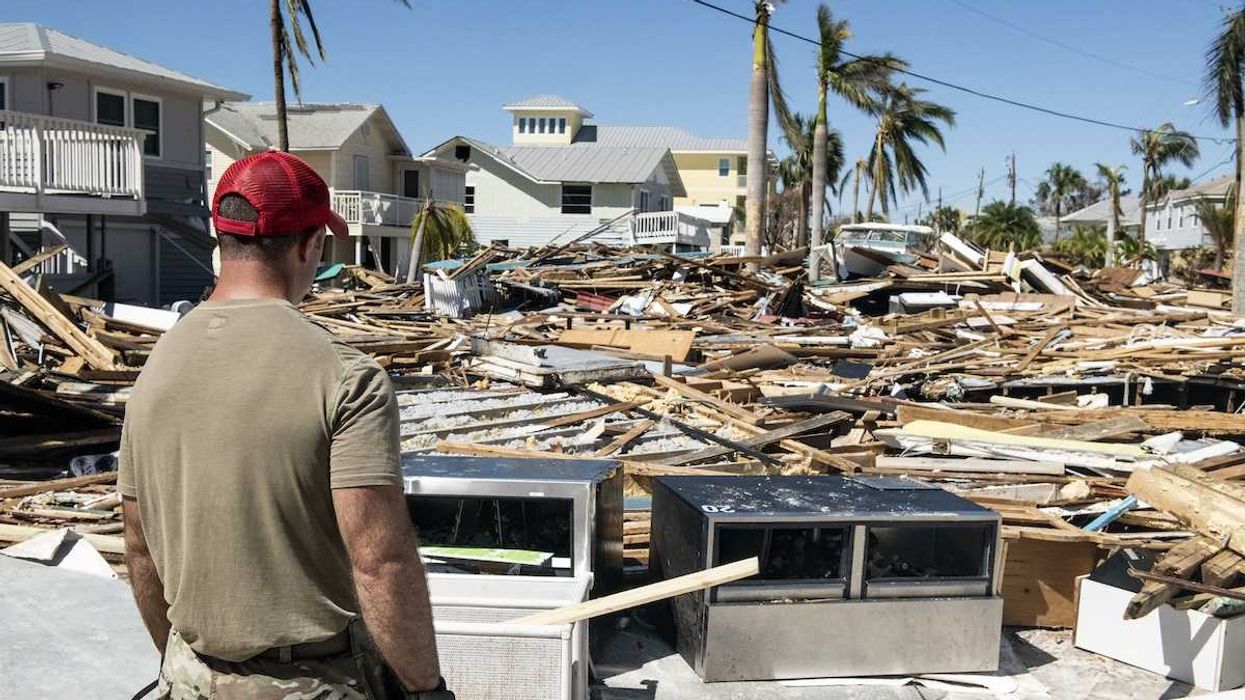British military veterans have died from asbestos-related illnesses at nine times the rate of combat deaths in Afghanistan, raising concerns about unsafe housing and equipment supplied by the Ministry of Defence.
Steve Boggan reports for Daily Mail.
In short:
- Government data show roughly 3,560 asbestos-related deaths among veterans over 20 years, compared with 405 Taliban-related combat deaths in the same period.
- Veterans receive far lower compensation than civilians, with lump sums capped at £140,000 and no provision for family claims or advanced treatment costs.
- Campaigners say asbestos exposure in military housing, ships, and vehicles continues, and legal action from former Marines alleges unsafe conditions as recently as 2019.
Key quote:
“We should hang our heads in shame – exposing our boys and girls to asbestos is killing them way faster than the Taliban ever could.”
— Liz Darlison, chief executive of Mesothelioma UK
Why this matters:
Asbestos, long banned in new construction, lingers in older buildings, ships, and vehicles, posing a hidden threat decades after exposure. Veterans’ higher risk reflects years spent in confined quarters where fibers easily circulated. Mesothelioma and related lung cancers remain incurable and can surface 20 to 60 years later, often leaving victims with less than a year to live. The disparity in compensation between military and civilian victims adds another layer of harm, fueling anger among families and advocates. Beyond individual cases, the issue reveals how legacy hazardous substances embedded in national infrastructure can quietly eclipse battlefield dangers, underscoring ongoing challenges in protecting those who serve.
















